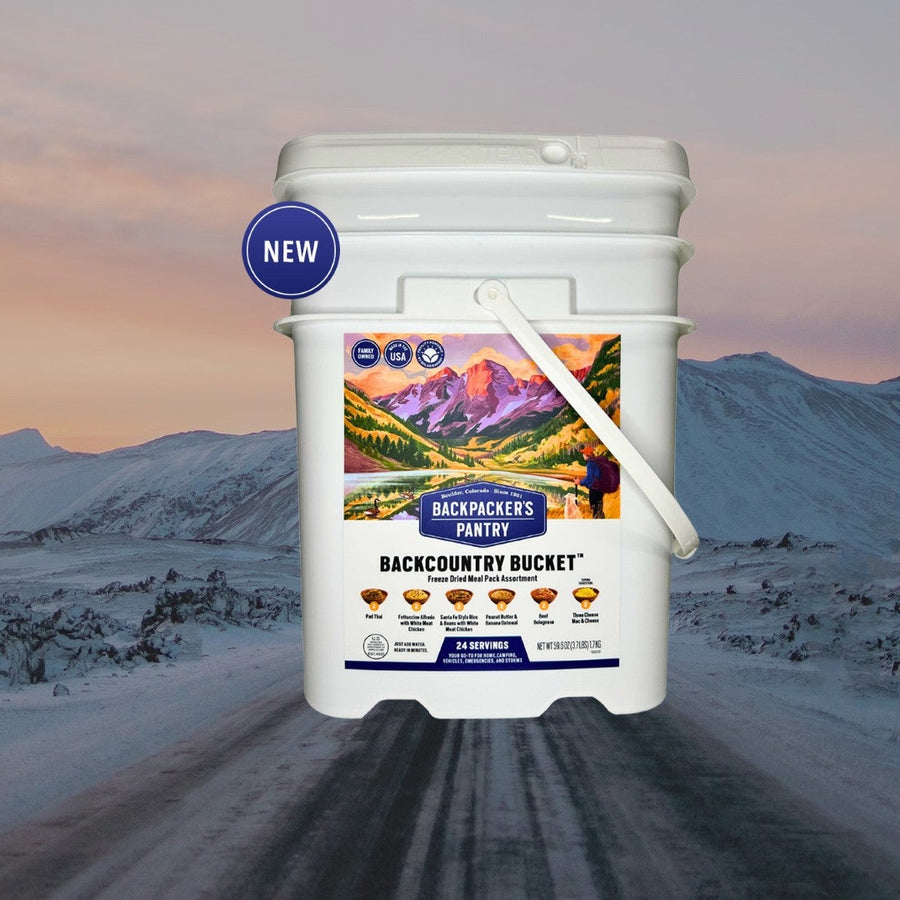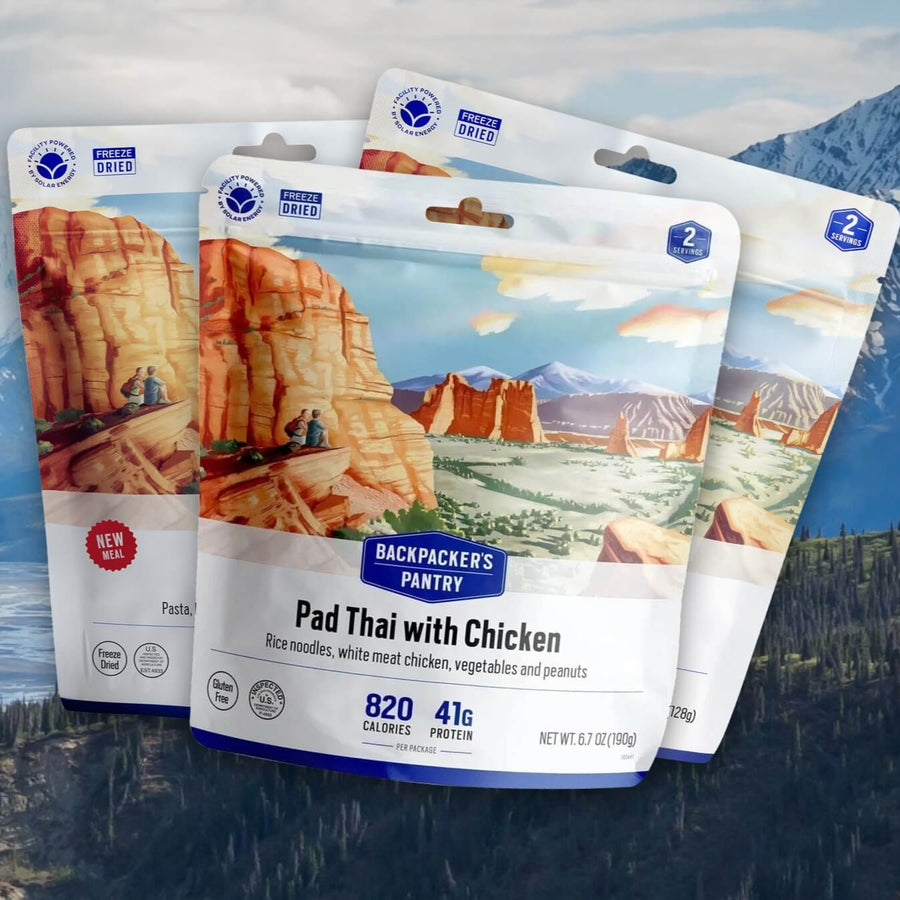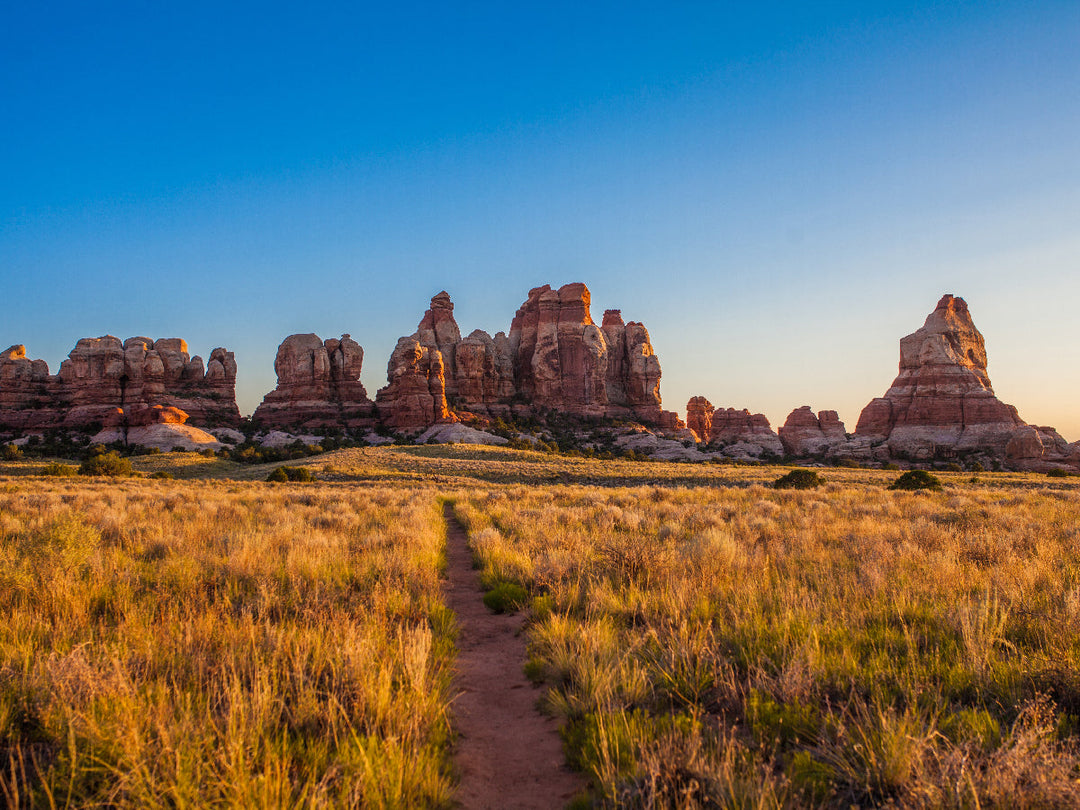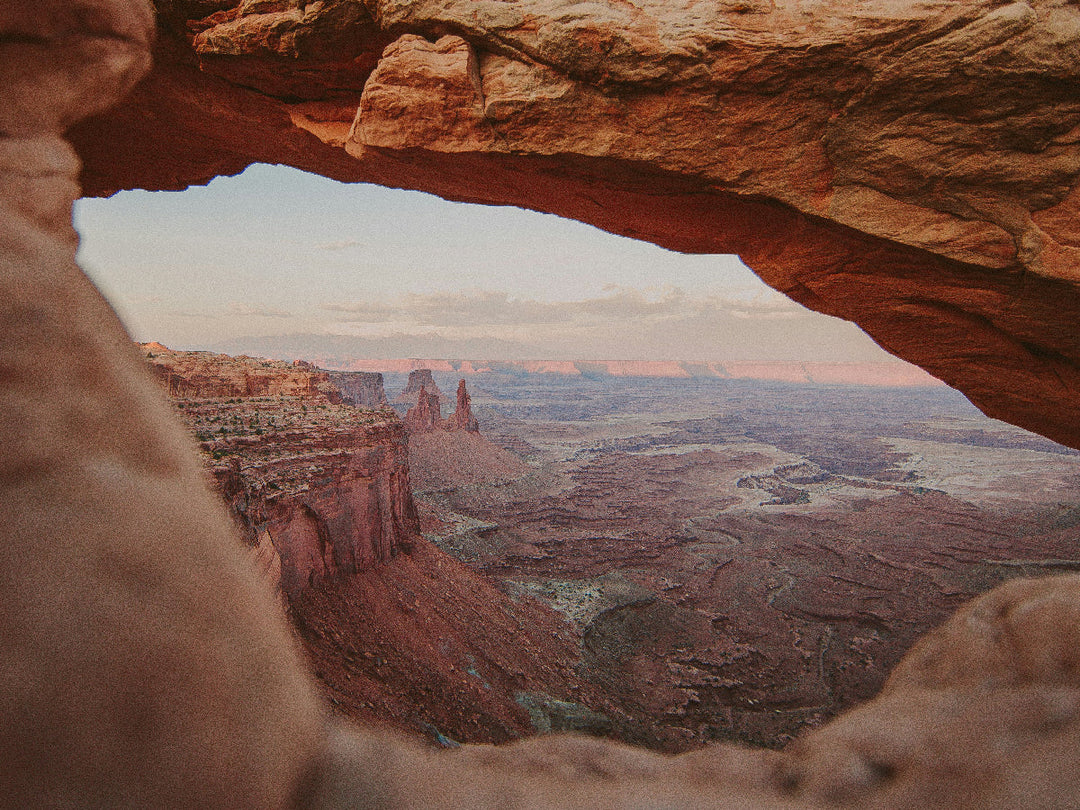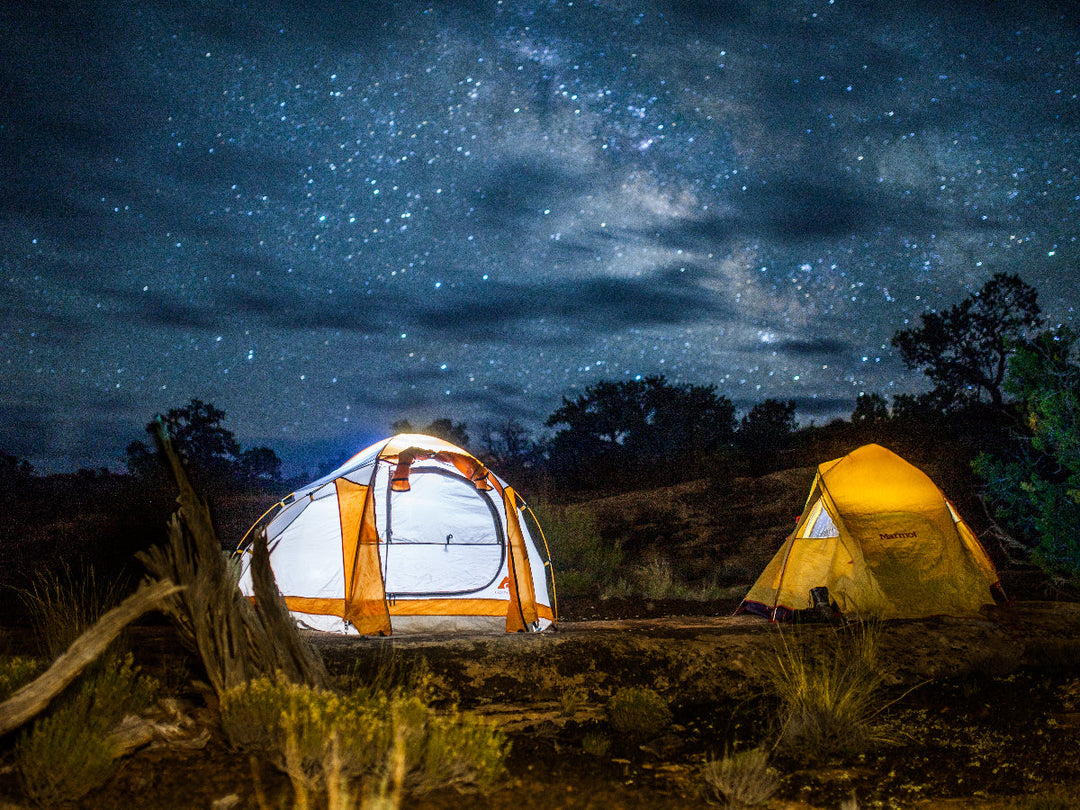The Freshwater Trust Uses Technology to Save our Rivers

Backpacker's Pantry is proud to support The Freshwater Trust through 1% for the Planet. This means that 1% of all of our sales, every single day, are donated to The Freshwater Trust and our other nonprofit partner organizations, all of which strive to protect our planet and its people.
The Freshwater Trust is a conservational pioneer, using advanced technology to preserve and restore freshwater ecosystems. They are focused on saving, restoring, and preserving our rivers at a scale that matches the severity of our current environmental state.
To do this, they use an outcome-based approach called Quantified Conservation, which works to accelerate the pace and scale of restoration.
In the words of The Freshwater Trust website, "'Quantified conservation' is an approach that allows us to ensure our actions are translating to outcomes. We still count the number of trees we planted alongside a river, but then we take it a step further and use technology to identify how much solar energy will be blocked by those trees, keeping the water cool, or how much runoff is absorbed by the trees, keeping the water clean. We employ tools that tell us how and where a conservation project will have the largest overall benefit for a watershed."
We chatted with Lisa Rigdon, senior communications manager at The Freshwater Trust, to learn more about TFT, their critical work, and how we can all contribute.
What sets The Freshwater Trust apart?
Our outcomes-focused mentality differentiates The Freshwater Trust from other water conservation and environmental nonprofits. Throwing money at a problem and making small conservation efforts doesn’t protect and preserve freshwater resources long term. We’ve invested and developed analytical toolsets that combine data from multiple sources, allowing us to gain insights and make smart decisions on which projects to prioritize. Doing so supercharges our efforts and every donor dollar that goes to ground. The Freshwater Trust is making a measurable difference with the potential to reverse the damage within our lifetime.

Can you tell me about any recent big projects/ wins or important upcoming missions or projects?
Our mission has always been to fix and restore freshwater ecosystems, but when we consider our big projects, we often mention our decision to use a basin-focused approach.
First, if you’re unfamiliar with a river basin, think of it this way: all the water from melting snow and rain goes into the soil, and that water moves through the soil and overland into streams, tributaries, and eventually into rivers. A river basin is an area of land where all that water flows into one main river system. And believe me, basins are way bigger than you think they are. Our team of scientists and analysts has used advanced modeling, satellite mapping and other data sources to plot out the water movements of these basins. When you start to see that movement, you begin to understand why it’s essential to focus on the health of the whole basin as part of our conservation strategy.
Our big projects currently include four river basins: the Central Valley in California, the Colorado River in Colorado, the Deschutes in Oregon, and the Snake in Idaho.
Our decision to focus on several basins for our big projects was strategic. We understand that half of the country's waterways are in critical condition, with the water in many locations unsafe to fish, swim, or drink. The scale of this problem can seem overwhelming, but we must start somewhere. Our aim is not to fix every problematic river basin in the country but to concentrate our efforts on four critical basin projects that we call our “learning laboratories.” In these locations, we can demonstrate the validity and scalability of our methods, paving the way for others to replicate our success in their basins.
What is the best way for people to get involved with TFT?
One of the best ways to get involved with TFT is to get to know us by joining our newsletter and following us on social media, including Facebook, Instagram, and LinkedIn. In our newsletter and on social media, we share basin project updates, our work in policy reform, event information, and other conservation insights.
For those who want to support our work and keep it going, regular donations can help. Whether you provide a one-time gift or donate monthly, every bit helps, especially now with once-in-a-lifetime government funding available. Donor dollars create the “collateral” or “match” to unlock access to these funds, maximizing donor intentions and getting us closer to the goal of fixing and restoring river basins.
The Freshwater Trust 2024 | Data-driven Watershed Solutions from The Freshwater Trust on Vimeo.
What is the best thing we can all do in our daily lives to help protect our freshwater ecosystems?
Staying informed is probably one of the best ways to help protect our freshwater ecosystems. After all, you can’t protect something if you don’t understand what’s happening. Staying informed does require active participation and research. A good place to start would be to identify where your drinking water comes from. Next, look into your local wastewater treatment facility and verify what they're doing to offset any negative environmental outputs they're causing.
As you become more informed about freshwater ecosystems, you can also start supporting those out there making a difference. For example, many farmers are choosing to proactively manage their fertilizer usage so that it does not run off into waterways. Other farmers are making smarter choices about upgrading their irrigation to use less water. Supporting these farmers and other entities dedicated to making a positive environmental impact, such as the EPA, can go a long way in helping freshwater ecosystems.
The next best thing people can do is be willing to listen. Many stakeholders are involved in water conservation and rights, each with different goals and agendas. Our teams at The Freshwater Trust have spent years developing relationships with many different groups and working on bringing them together to find some common ground about what we can do to fix the problem. It’s not always easy to do that, but listening to everyone’s needs and identifying mutually beneficial decisions has helped us get everyone on board and aligned with protecting freshwater ecosystems.
You can find details on getting involved, making donation, or participating in an event with The Freshwater Trust here.
